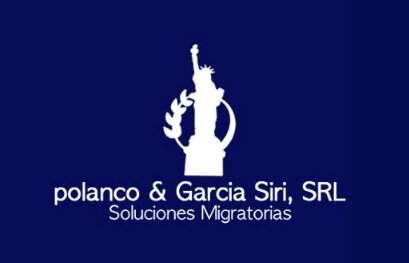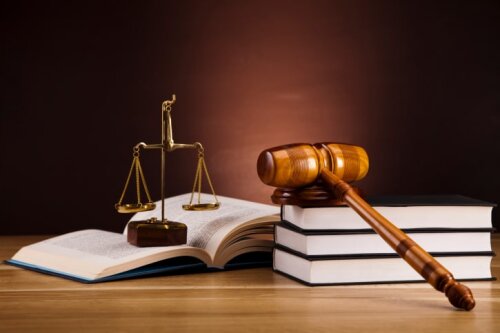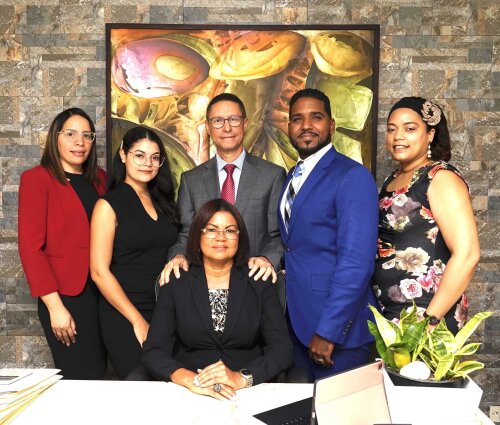Best Collaborative Law Lawyers in Dominican Republic
Share your needs with us, get contacted by law firms.
Free. Takes 2 min.
Free Guide to Hiring a Family Lawyer
Or refine your search by selecting a city:
List of the best lawyers in Dominican Republic
About Collaborative Law in Dominican Republic:
Collaborative Law in Dominican Republic is a method of alternative dispute resolution where parties work together with their lawyers to reach a mutually acceptable agreement. It is a voluntary process aimed at resolving conflicts in a non-adversarial manner to promote cooperation and communication.
Why You May Need a Lawyer:
You may need a lawyer in Collaborative Law if you are facing family disputes, such as divorce, child custody, or property division. A lawyer can provide legal advice, representation, and guidance throughout the collaborative process to ensure your rights are protected.
Local Laws Overview:
In the Dominican Republic, Collaborative Law is not yet widely recognized or regulated by specific laws. However, parties can still choose to engage in collaborative negotiations with the assistance of trained professionals, such as lawyers, family mediators, and other experts.
Frequently Asked Questions:
What is the goal of Collaborative Law?
The goal of Collaborative Law is to reach a mutually beneficial agreement without going to court.
How is Collaborative Law different from traditional litigation?
Collaborative Law focuses on cooperation, open communication, and reaching a settlement outside of court, while traditional litigation involves a judge making decisions based on legal arguments.
Do both parties need to agree to participate in Collaborative Law?
Yes, Collaborative Law is a voluntary process, and both parties must be willing to participate in good faith to reach an agreement.
Are the agreements reached in Collaborative Law legally binding?
Yes, the agreements reached in Collaborative Law can be submitted to the court for approval and enforcement.
How long does the Collaborative Law process typically take?
The length of the Collaborative Law process varies depending on the complexity of the issues involved and the willingness of the parties to cooperate. It can take anywhere from a few months to over a year.
What are the benefits of using Collaborative Law?
Collaborative Law can be more cost-effective, time-efficient, and less adversarial than traditional litigation. It also allows parties to maintain control over the outcome of their dispute.
Can I still hire a lawyer in Collaborative Law?
Yes, you can and should hire a lawyer who is trained in Collaborative Law to represent and advise you throughout the process.
What happens if the parties cannot reach an agreement in Collaborative Law?
If the parties cannot reach an agreement in Collaborative Law, they may choose to pursue other dispute resolution methods, such as mediation or litigation.
Is Collaborative Law confidential?
Yes, Collaborative Law is confidential, and discussions and negotiations during the process cannot be used as evidence in court.
Is Collaborative Law suitable for all types of disputes?
Collaborative Law is most commonly used in family law disputes, but it can also be used in other civil matters, such as business disputes, probate issues, and real estate conflicts.
Additional Resources:
If you are in need of legal advice in Collaborative Law in the Dominican Republic, you can contact the Dominican Bar Association or seek out local law firms specializing in alternative dispute resolution.
Next Steps:
If you are considering Collaborative Law for your legal dispute, the first step is to consult with a lawyer who is trained in Collaborative Law to discuss your options and determine if it is the right method for resolving your conflict.
Lawzana helps you find the best lawyers and law firms in Dominican Republic through a curated and pre-screened list of qualified legal professionals. Our platform offers rankings and detailed profiles of attorneys and law firms, allowing you to compare based on practice areas, including Collaborative Law, experience, and client feedback.
Each profile includes a description of the firm's areas of practice, client reviews, team members and partners, year of establishment, spoken languages, office locations, contact information, social media presence, and any published articles or resources. Most firms on our platform speak English and are experienced in both local and international legal matters.
Get a quote from top-rated law firms in Dominican Republic — quickly, securely, and without unnecessary hassle.
Disclaimer:
The information provided on this page is for general informational purposes only and does not constitute legal advice. While we strive to ensure the accuracy and relevance of the content, legal information may change over time, and interpretations of the law can vary. You should always consult with a qualified legal professional for advice specific to your situation.
We disclaim all liability for actions taken or not taken based on the content of this page. If you believe any information is incorrect or outdated, please contact us, and we will review and update it where appropriate.
Browse collaborative law law firms by city in Dominican Republic
Refine your search by selecting a city.
















